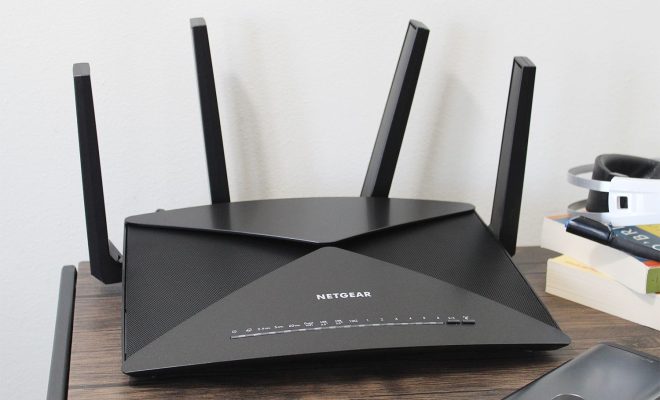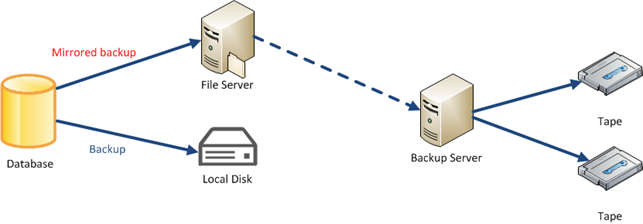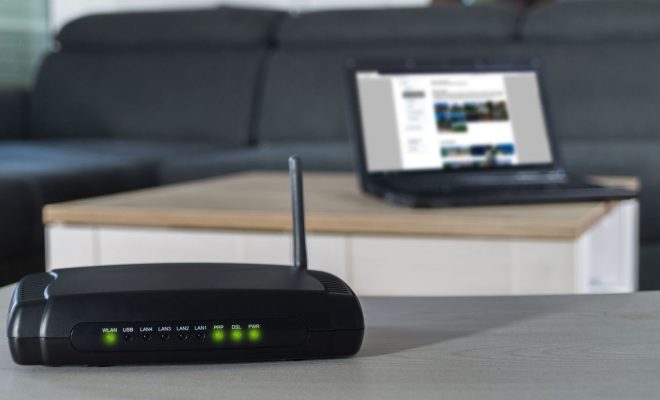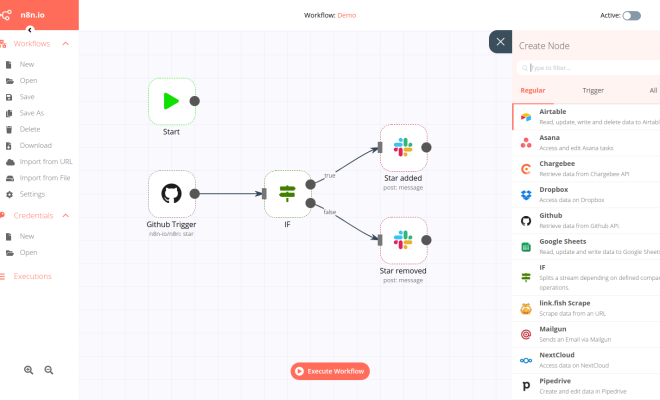How to Delete Temporary Files on Windows 11

As computers store temporary files to keep the system running smoothly, it can get cluttered over time. This could lead to slow system performance and less storage space. To keep your Windows 11 running effectively, it is necessary to delete the temporary files.
Here are the steps to delete temporary files on Windows 11:
Step 1: Open Windows Settings
Click on the Windows Start icon, and select the gear icon to find the settings page. Alternatively, you can use the keyboard shortcut, Windows key + I.
Step 2: Select System
On the Windows Settings screen, select “System.”
Step 3: Free up Space
On the next page, click on “Storage” to view the storage settings.
Step 4: View Storage Details
Under the Storage option, click on “Free up space now” to open the disk cleanup window.
Step 5: Select Types of Files to Delete
Once the Disk Cleanup window appears, it will start calculating the files that need to be deleted. It will show you a list of files that can be deleted safely. You can click on the checkboxes to select the types of files that you want to delete.
Step 6: Click on “Clean up system files”
Once you’ve ticked all the files you want to delete, click on the “Clean up system files” button to start deleting the files from your system.
Step 7: Confirm Deletion
The next window will show you a list of files to be deleted, including the estimated amount of space to be freed up. Click the “Delete Files” button to confirm the deletion.
Step 8: Wait for the Deletion Process to Finish
Once you have confirmed the deletion, the system will start deleting the files. It will take some time depending on the size of the files.
Step 9: Close the Window
Once the process is complete, a success message will appear on your screen. Close the Window, and exit the settings page.
In conclusion, deleting temporary files on Windows 11 is an excellent way to keep your system performing smoothly. Follow the above steps to keep your system clean and tidy. It is also recommended to run Disk Cleanup regularly to keep your system optimized.






